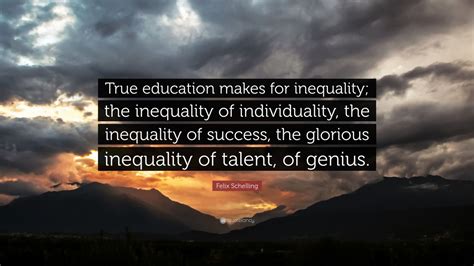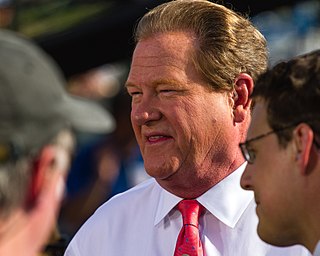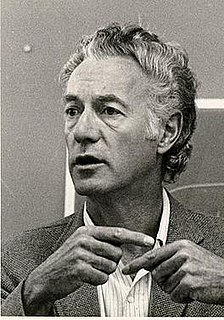Top 1200 Social Inequality Quotes & Sayings
Explore popular Social Inequality quotes.
Last updated on November 25, 2024.
Despite long-standing claims by elites that Blacks, women, Latinos, and other similarly derogated groups in the United States remain incapable of producing the type of interpretive, analytical thought that is labeled theory in the West, powerful knowledges of resistance that toppled former social structures of social inequality repudiate this view. Members of these groups do in fact theorize, and our critical social theory has been central to our political empowerment and search for justice.
we should reject the attempt to divert the national conversation away from soaring inequality toward the alleged moral failings of those Americans being left behind. Traditional values aren't as crucial as social conservatives would have you believe ? and, in any case, the social changes taking place in America's working class are overwhelmingly the consequence of sharply rising inequality, not its cause.
Neoliberal violence produced in part through a massive shift in wealth to the upper 1%, growing inequality, the reign of the financial service industries, the closing down of educational opportunities, and the stripping of social protections from those marginalized by race and class has produced a generation without jobs, an independent life and even the most minimal social benefits.
Today, we are closer to fulfilling America's promise of economic and social justice because we stand on the shoulders of giants like Dr. King, yet our future progress will depend on how we prepare our next generation of leaders. We must fortify their ladders of opportunity by correcting social injustice, breaking the cycle of poverty in struggling communities, and reinvesting in our schools. Education can unlock a child's potential and remains our strongest weapon against injustice and inequality.
There have always been two theories about inequality. One is that it reflects just deserts. The other is that there are large elements of exploitation and inequality of opportunities. The evidence is overwhelmingly that the increase in inequality is associated with those negative factors. If it were all social contribution, then when the top did better, they would be contributing to everybody's well-being. That trickle-down hasn't happened. We've seen median income, people in the middle, actually worse off than they were 25 years ago.
Most people believe that inequality is rising - and indeed it has been rising for a while in a number of rich countries. And there is lots of talk and realization of this. It's harder to understand that at the same time, you can actually have global inequality going down. Technically speaking, national inequality can increase in every single country and yet global inequality can go down. And why it is going down is because very large, populous, and relatively poor countries like India and China are growing quite fast.
In the U.S. when people like me started writing things about inequality, the economic journals had no classification for inequality. I couldn't find where to submit my inequality papers because there was no such topic. There was welfare, there was health issues, there was trade obviously. Finance had hundreds of sub groups.














































